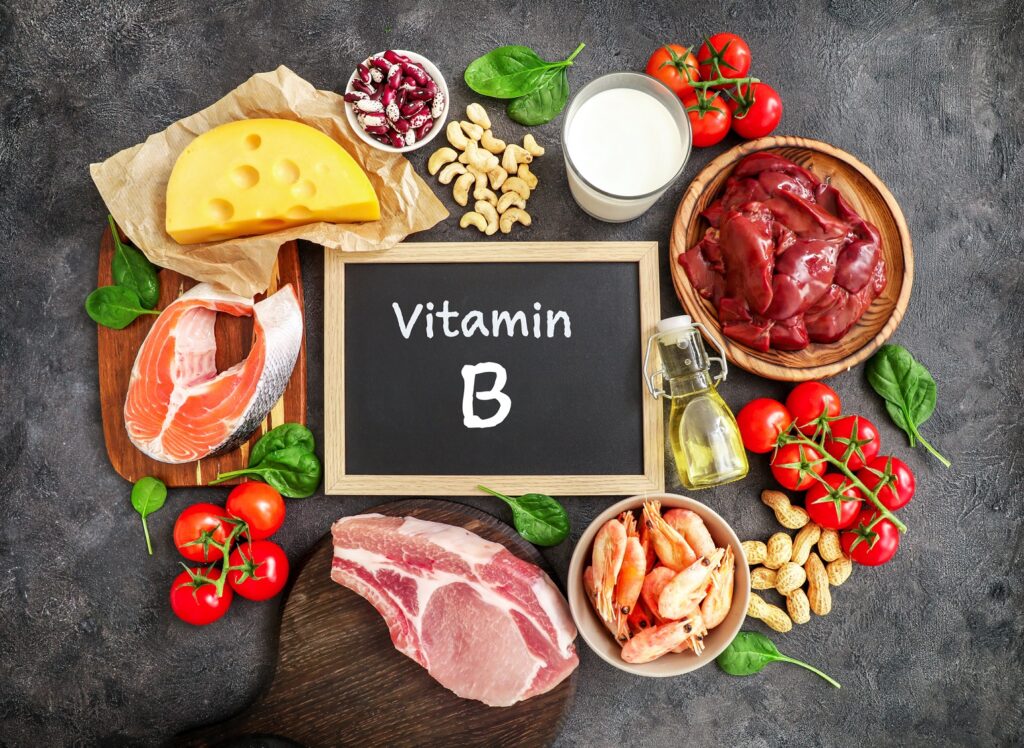The Benefits of Vitamin Supplements for Overall Health

Vitamins are essential nutrients that our bodies need to function properly. While a balanced diet should ideally provide all the necessary vitamins, many people turn to supplements to ensure adequate intake. This guide explores the benefits of vitamin supplements, addressing common questions and providing expert insights.
Understanding Vitamins and Their Importance
What are Vitamins?
Vitamins are organic compounds that play crucial roles in various physiological processes. They are essential for growth, development, and overall health. There are 13 essential vitamins classified into two categories: fat-soluble (A, D, E, K) and water-soluble (B vitamins and vitamin C).
Why are Vitamins Important for Health?
Vitamins serve as coenzymes, helping enzymes perform essential functions in the body. They contribute to energy production, immune function, tissue repair, and other vital processes. Each vitamin has specific roles, from supporting vision (vitamin A) to collagen synthesis (vitamin C).
How Do We Get Vitamins?
Vitamins are obtained through diet, primarily from fruits, vegetables, whole grains, and lean proteins. However, factors like dietary preferences, lifestyle choices, and medical conditions can affect vitamin intake. Supplements can bridge nutritional gaps.
Benefits of Vitamin Supplements
Improved Nutritional Intake
Supplements ensure adequate vitamin intake, especially for individuals with restricted diets (e.g., vegans, elderly) or those with absorption issues (e.g., digestive disorders).
Enhanced Immune Function
Vitamins like C and D play crucial roles in immune health. Supplementing these vitamins can reduce the risk of infections and support immune responses.
Support for Bone Health
Vitamins D and K are essential for bone metabolism and calcium absorption. Supplements help maintain bone density and reduce the risk of osteoporosis.
Antioxidant Protection
Vitamins A, C, and E act as antioxidants, combating free radicals that damage cells and contribute to aging and disease. Supplements enhance antioxidant defense.
Energy Production
B vitamins (B1, B2, B3, B5, B6, B12) are integral to energy metabolism, converting food into energy. Supplementing B vitamins can alleviate fatigue and support vitality.
Heart Health Support
Certain vitamins (like B6, B12, and folic acid) help regulate homocysteine levels, reducing cardiovascular disease risk. Omega-3 supplements with vitamins further promote heart health.
Cognitive Function
Vitamins B6, B12, and folate support neurological function and mood regulation. Supplements may improve cognitive performance and reduce the risk of neurodegenerative diseases.
Skin and Hair Health
Vitamins A, C, E, and biotin are crucial for skin elasticity, collagen production, and hair strength. Supplements promote healthy skin, hair growth, and wound healing.
Mood Enhancement
Vitamins D and B12 influence serotonin production and mood regulation. Supplementing these vitamins may alleviate symptoms of depression and anxiety.
Pregnancy and Child Development
Prenatal vitamins ensure adequate folate, iron, and other nutrients crucial for fetal development. Children’s multivitamins support growth, immunity, and cognitive function.
FAQs About Vitamin Supplements
Can I Get Enough Vitamins from Food Alone?
Ideally, a balanced diet provides sufficient vitamins. However, supplements can help meet specific needs, especially when dietary intake is inadequate.
Are Vitamin Supplements Safe?
When taken as directed, most vitamin supplements are safe. Consult a healthcare provider before starting any new supplement regimen, especially if pregnant, nursing, or taking medications.
What Should I Look for in a Quality Vitamin Supplement?
Choose supplements with USP or NSF certification for purity and quality. Check for bioavailable forms of vitamins for better absorption.
Can Vitamin Supplements Prevent Chronic Diseases?
While supplements support overall health, they are not a substitute for a healthy lifestyle. They may reduce disease risk when used alongside proper diet and exercise.
Are There Risks Associated with Vitamin Supplements?
Excessive intake of certain vitamins (like fat-soluble vitamins A, D, E, K) can be harmful. Follow recommended dosages and avoid mega-dosing without medical supervision.
When is the Best Time to Take Vitamin Supplements?
Some vitamins are best absorbed with food (fat-soluble vitamins), while others can be taken on an empty stomach (water-soluble vitamins). Follow label instructions for optimal absorption.
Can Vitamin Supplements Help with Weight Loss?
Vitamins alone do not cause weight loss. However, adequate nutrient intake supports metabolism and energy levels, which are important for weight management.
What Vitamins Should Vegans Supplement?
Vegans may need supplements for vitamin B12, vitamin D, and omega-3 fatty acids, which are primarily found in animal products.
Do Vitamin Supplements Expire?
Yes, vitamins have expiration dates. Discard supplements past their expiration to ensure potency and safety.
Should Children Take Vitamin Supplements?
Children may benefit from multivitamin supplements to support growth and development, but dosages should be age-appropriate and based on nutritional needs.
- Light Eyes Ultra – Dark Circles Treatment Near Weybridge, Surrey - May 31, 2025
- Retinol Peel Near Brooklands, Surrey - May 30, 2025
- NCTF 135 HA Near Surbiton, Surrey - May 30, 2025

